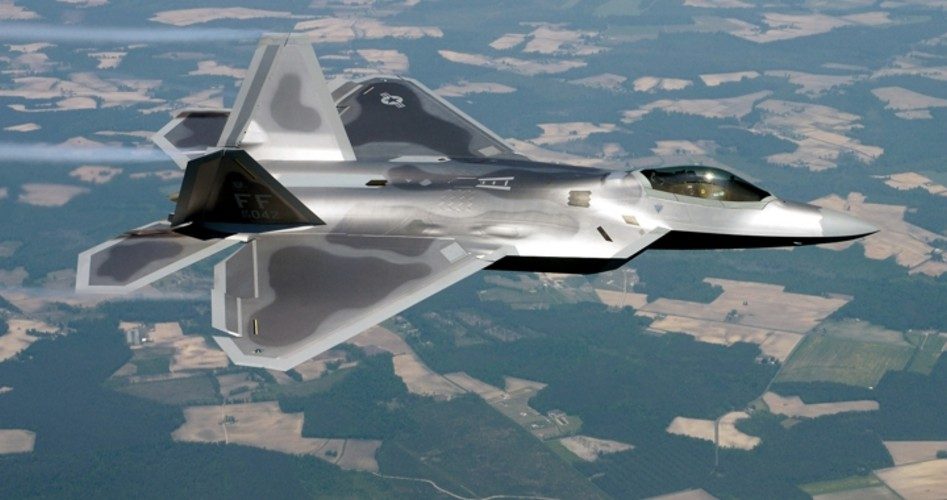
A no-fly zone over northeastern Syria and a buffer zone along the border between Syria and Turkey are among the options being considered by the Obama administration to protect civilians from airstrikes by the Syrian government, Secretary of Defense Chuck Hagel and General Martin Dempsey, chairman of the Joint Chiefs of Staff said Friday. President Recep Tayyip Erdogan of Turkey has petitioned the United States for the creation of a buffer zone along the border, where tens of thousands of Syrians have sought refuge. Hagel said 1.3 million Syrian refugees are now in Turkey.
“We’ve discussed all these possibilities and will continue to talk about what the Turks believe they will require,” the U.S. defense chief said. A buffer zone might become a possibility “at some point,” Dempsey added, but said it is not imminent.
The United States and Arab allies began carrying out airstrikes against bases and troops of the Islamic State of Iraq and the Levant in Syria last week, a move the Syrian government had previously said would be regarded as acts of aggression unless coordinated with the Damascus government. The United States did notify the government of the impending strikes Monday morning, the Syrian News Agency reported, but has not accepted the Syrian offer of assistance. The regime of Syrian President Bashar al-Assad, which has been battling both ISIL and the Free Syrian Army backed by the United States, apparently offered no resistance to the U.S. attacks, as the nation’s air defenses were described as “passive” by Lt. General William Mayville, Jr., director of operations with the Joint Chiefs of Staff. Five Sunni Arab nations — Saudi Arabia, the United Arab Emirates, Bahrain, Jordan, and Qatar — participated in or supported the attacks in Syria, that began early last week.
Syria would not likely remain passive for the establishment of a no-fly zone or a buffer area, however, and the establishment of either would likely require an attack on the nation’s air defenses. Such an attack would further complicate the thorny problem of attempting to defeat ISIL while simultaneously supporting the “moderate” rebel forces that have common cause with the Islamic State jihadists in attempting to overthrow the Damascus regime in a civil war that has been raging for three and a half years at the cost of an nearly 200,000 lives, according to a United Nations estimate issued last month.
It was just a year ago that the Obama administration was seeking authorization from Congress to launch air attacks against the Syrian government over its alleged use of poison gas in attacks on both rebel forces and civilians. Congress showed no interest in supporting such a move, however, and Russia, a friendly neighbor to Syria, intervened and midwifed a settlement in which Damascus agreed to surrender its stockpile of chemical weapons. Each side in the civil war have accused the other of using toxic gases as a weapon.
The Department of Homeland Security issued a bulletin to law-enforcement agencies last week warning that the bombing attacks in Syria against ISIL and an al-Qaeda organization called Khorasan might increase the chances of “lone wolf” attacks by terrorists in the United States. That should raise the question of whether the U.S. military actions in the Middle East are effectively defending or further jeopardizing American security. The United States and Great Britain had been conducting airstrikes against Iraq off and on for a decade to enforce a no-fly zone in northern Iraq prior to the September 11, 2001 attacks on the United States. The late al-Qaeda leader Osama bin Laden claimed attacks on Arab people and economic sanctions against Iraq were among the major reasons for the 9/11 attacks.
Photo: “Lockheed Martin F-22” by TSgt Ben Bloker. Licensed under Public domain via Wikimedia Commons


